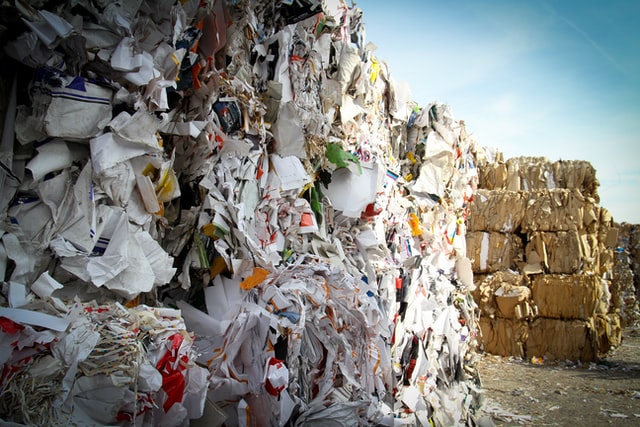A new study by Unilever and Sustainable Waste Indonesia revealed that only 11.83 percent of plastic waste in the urban area of Java island being recycled, the rest of it stills potentially leaked to the environment or just simply ends up in the dumping sites.
Furthermore, this study also concluded that plastic waste collection in the communities is mostly done by waste pickers, which are often underrated and unappreciated for their contributions to society.
This study complements data from the Indonesia Ministry of Environment and Forestry that stated more than 60 percent of plastic waste end up in dumping sites and around 15 – 30 percent leaked to the environment. This number could be worse in the rural area where waste management services only cover 5 percent of its population. Those facts are hardly surprising, though. In 2015, Indonesia has been nominated as the second biggest ocean plastic polluters in the world surpassing more populous countries such as India and USA, as well as more developed countries such as Japan and Germany that use more plastic than Indonesia every year.
The use of plastic is not wrong at all. In fact, plastic is one of the most efficient materials that was ever invented and it has helped us to reduce carbon emissions and deforestation. However, the lack of proper financial schemes and low awareness of the issue are the roots of these problems. The World Bank estimated that Indonesia just pays about half of standard cost on waste management, which makes waste often collected and treated inappropriately. On the other hand, people also still feel free to burn or throw plastic waste anywhere in the neighbourhood, except in some public spaces. Indonesia Central Bureau of Statistics reported that more than half of Indonesian still burn their waste and almost three-fourth of the population does not care about waste management issue. This behaviour can’t be changed overnight, instead, continuous education and law enforcement are needed for a long-term reformation of plastic waste management.
The reformation could start by refining the financial aspects of waste management. Waste management service should be included as one of the primary services from the authorities, in which people can be charged equally based on the amount of waste generated, mirroring the system for electricity and clean water supplies. Cross subsidies mechanism can be implemented to make this service more affordable. This may sound expensive, but, continuing to live like now puts future generations in jeopardy, and in the end, it will cost all of us much greater than what we have to pay right now.
The improvement of waste management financing enables us to integrate informal sectors, such as waste pickers, into national and regional waste management systems. The waste pickers, who have saved our environment from the much worse condition, could be employed by municipalities to collect waste from households with years of working experience on their belts. Besides, the landfills that are often dubbed as open dumping sites can be managed more properly into sanitary landfills or recycling areas. This integration will help the government to achieve national waste management targets in 2025 by handling 70 percent of generated waste and reducing 30 percent of it from the household level.
In the term of awareness, plastic waste education should be raised in communities, including from waste bank program. The waste bank has become community-based waste management trademark from Indonesia, now there are more than 8,000 units of them across the country, and it has become media of education for years by providing incentives to people who participate on waste segregation and at the same time raising their awareness on plastic waste management. Innovation has been launched recently by Unilever to provide access for people to find nearest waste banks from their places via a collaboration with Google. This innovation should be appreciated and supported by all of us, as an effort to leverage public awareness on the plastic waste issue and hopefully, it can increase the plastic waste recycling rate in the future.
In addition, law enforcement should be implemented to plastic polluters as part of awareness-raising. The country has issued law No. 18 Year 2008 on Waste Management. One of the most important aspects of this regulation is mandatory for waste generators, which are all of us, to manage waste properly and prevent pollution to the environment. Incentive and disincentive have been mentioned in the regulation, unfortunately, the implementation is still minimum. Should this regulation enforced, people will think twice before they throw away plastic waste to waterways and the surrounding environment.
Finally, the successful reformation of plastic waste management in Indonesia can set examples for many ASEAN countries especially in Philippines, Vietnam, Thailand, and Malaysia who all are ranked in the top 10 ocean plastic polluters globally. When done right, these countries can reform and develop regional plastic waste management solutions to solve the problems collectively.
About the author:
Muchtazar studied environmental engineering at Bandung Institute of Technology and is currently a Master’s student of Environmental Science at the University of Indonesia. All views expressed in this article belong solely to the author and do not reflect the views of the author’s employer, organisation, committee, or other groups and individuals.




